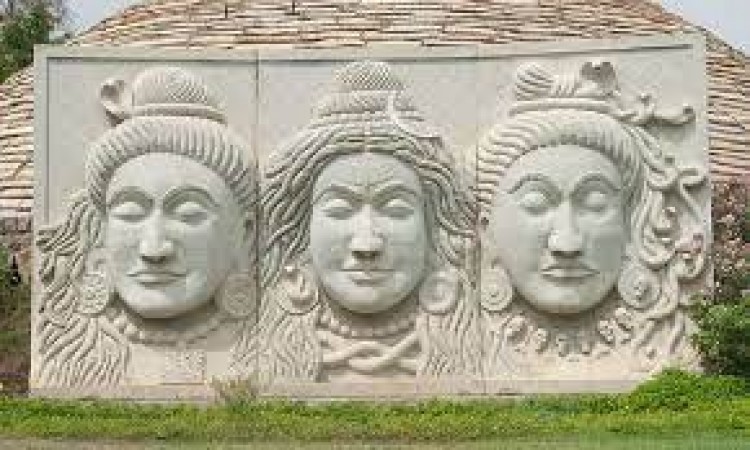
Idol worship holds a prominent place in Indian culture and spirituality. It involves the adoration and veneration of statues or images representing deities and divine entities. This practice has been an integral part of Indian religious traditions for millennia, and its significance is deeply rooted in the hearts of millions. However, the concept of idol worship in Indian culture has not been without controversy and debates. In this article, we will explore the controversies surrounding idol worship, delve into its historical origins, analyze its psychological and sociological aspects, and examine its symbolic meaning in the Indian context.
II. Historical Perspective of Idol Worship in India
The practice of idol worship can be traced back to ancient times in India. Archaeological evidence suggests that the use of symbols and images in religious rituals dates back thousands of years. The development of various forms of idol worship took place over different periods, influenced by diverse regional cultures and religious beliefs.
III. The Controversy Surrounding Idol Worship
Despite its deep-rooted presence in Indian culture, idol worship has faced criticism from both within and outside the religious community. Some argue that idol worship promotes superstition and hinders spiritual growth. Additionally, debates have arisen from religious and philosophical standpoints, with differing opinions on the significance and appropriateness of idol worship.
IV. Psychological and Sociological Aspects of Idol Worship
The psychological aspect of idol worship involves the psychological comfort and emotional connection that devotees find in the physical representation of their deities. On the sociological front, idols play a crucial role in religious ceremonies and festivals, fostering a sense of community and unity among followers.
V. The Symbolic Meaning of Idols
Idols in Indian culture hold more than just a physical presence; they are considered symbolic representations of the divine. Each deity and their respective attributes carry profound meanings that guide the lives of devotees and impart moral values.
VI. Impact of Modernization and Globalization on Idol Worship
As India embraces modernization and globalization, traditional practices like idol worship have encountered new challenges. While some advocate for preserving the customs of the past, others embrace change and adapt to the evolving world.
VII. Idol Worship and Cultural Heritage
Idol worship is not just a religious practice but an integral part of India's cultural heritage. Efforts are being made to protect and promote these traditions to safeguard the essence of Indian identity.
VIII. Balancing Rationality and Faith in Idol Worship
Intriguingly, many followers of idol worship can reconcile their rational thinking with their spiritual beliefs. They find harmony between reason and faith, allowing them to fully embrace the practice.
IX. Controversies Surrounding Iconoclasm
Throughout history, iconoclasm has emerged in various instances, leading to the destruction of religious idols. We delve into the controversies surrounding these acts and the debates surrounding the preservation or dismantling of religious idols.
X. Addressing Misconceptions About Idol Worship
Idol worship often faces misconceptions and stereotypes. We aim to clarify these misunderstandings and present a nuanced perspective on the practice.
XI. Idol Worship in Other Cultures and Religions
A comparative analysis reveals the similarities and differences in idol worship across various cultures and religions, shedding light on the diverse manifestations of this practice.
XII. The Future of Idol Worship in India
As Indian society continues to evolve, the future of idol worship is subject to speculation. We explore potential scenarios and the evolving role of idol worship in contemporary Indian culture. In conclusion, the controversy surrounding idol worship in Indian culture reflects the richness and complexity of this ancient practice. Despite differing opinions, idol worship remains deeply ingrained in the hearts of millions of Indians, symbolizing their faith, heritage, and spiritual connections. The significance of idols goes beyond the physical realm, with profound symbolic meanings that guide the moral and spiritual aspects of people's lives.
1200 Special Trains to Set Course for Maha Kumbh 2025
Navigating the Nexus: Caste, Religion, Politics, and Science
Foreign Products and Technological Advancements: Navigating the Trade-offs